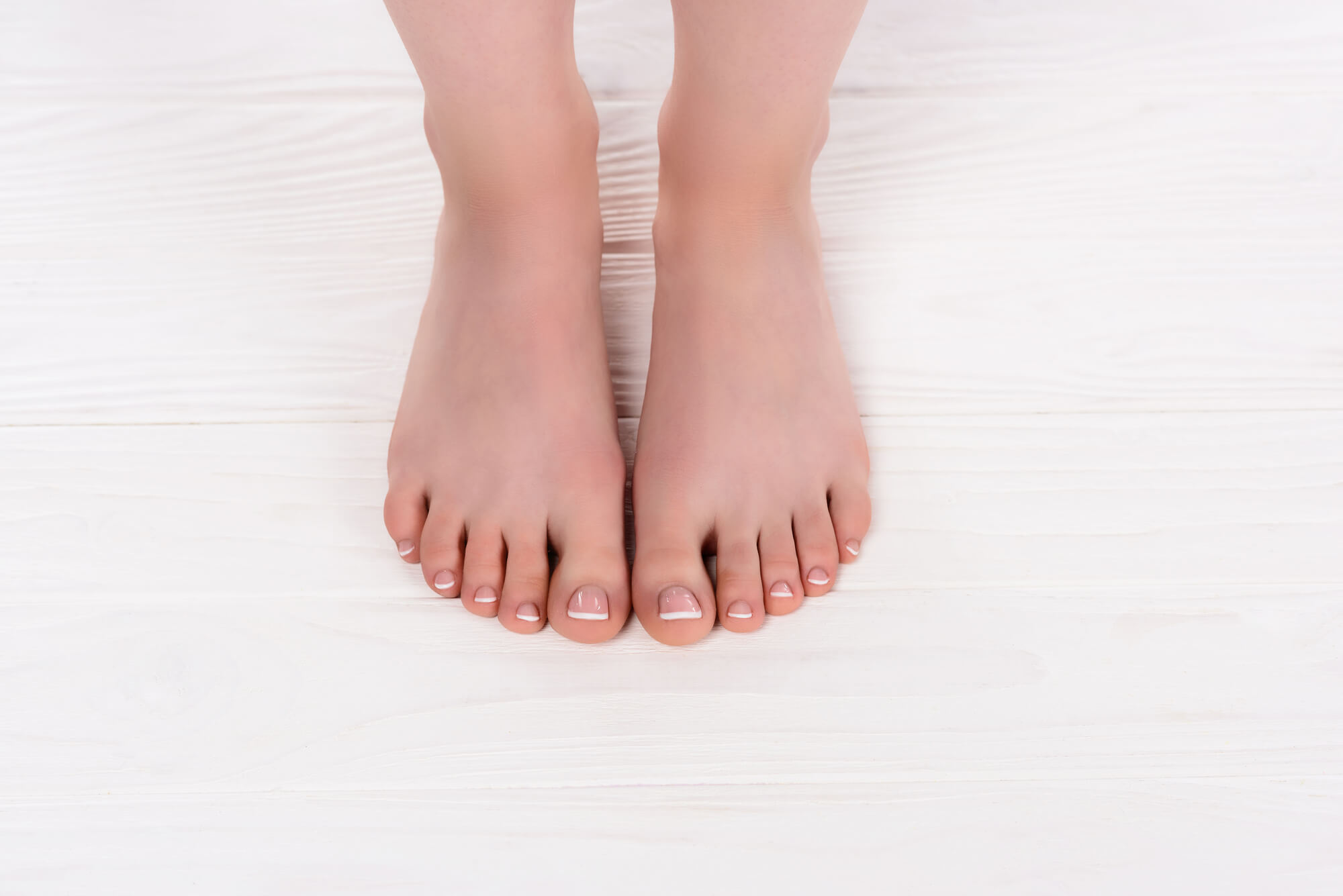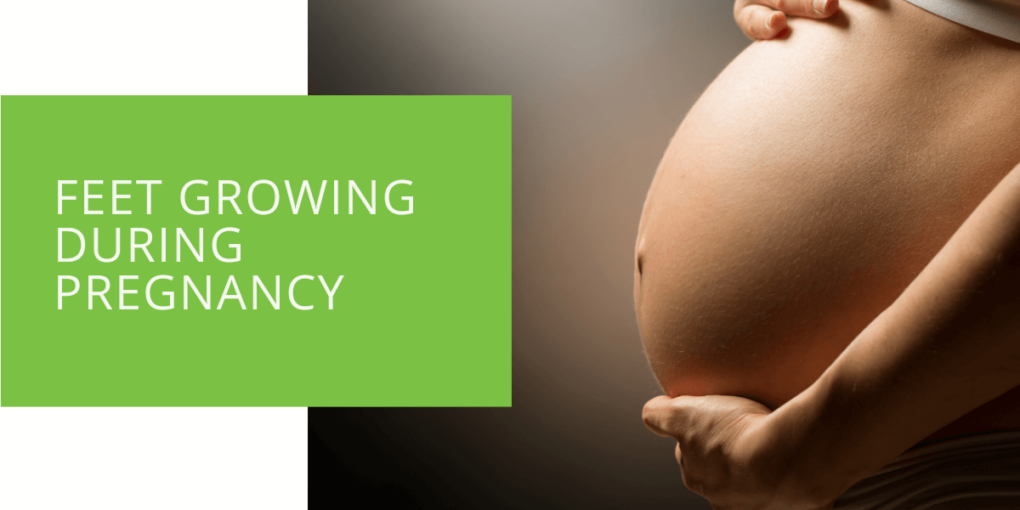Feet Growing During Pregnancy: Understanding the Changes
Pregnancy is a miraculous journey marked by numerous physical transformations. While most expectant mothers anticipate the growth of their bellies, they may not be aware that their feet can undergo significant changes, too. This comprehensive guide will explore why feet grow during pregnancy and how to manage these changes for a more comfortable journey. At ePodiatrists, we're dedicated to providing expert guidance to ensure your foot health during this special time.
Key Takeaways
- Pregnancy-related hormonal changes, such as relaxin, can flatten the foot arch, causing feet to grow during pregnancy.
- Common signs of foot growth include swelling, changes in shoe size, and arch and foot pain.
- Preventing and managing foot growth involves choosing proper footwear, engaging in foot exercises, monitoring swelling, and seeking professional advice from podiatrists for personalized solutions.
The Science Behind Feet Growth
A woman's body experiences hormonal changes during pregnancy, including the hormone relaxin. This hormone is crucial in preparing the body for childbirth by loosening ligaments and joints, particularly in the pelvis. However, it doesn't stop there; relaxin affects other body parts, including the foot arch.
Hormonal Shifts and Their Impact
One of the primary culprits behind foot growth during pregnancy is relaxin. This hormone, produced by the corpus luteum and later by the placenta, loosens the pelvis's ligaments. While this is essential for accommodating the growing fetus and facilitating childbirth, it can have secondary effects on the foot arch.
The arch of the foot contains ligaments that connect its various bones. The loosening of these ligaments under the influence of relaxin can cause the arch to flatten. As a result, pregnant women may notice a gradual decrease in the height of their arches, leading to a phenomenon known as "flat feet."
Weight Gain and Increased Pressure
Another factor contributing to foot growth during pregnancy is the inevitable weight gain. As the baby develops and the pregnancy progresses, a woman's body naturally gains weight to support the growing fetus. This added weight puts extra pressure on the feet, causing them to flatten and expand.
This increase in body weight can also lead to changes in the distribution of pressure on the soles of the feet. The arch of the foot, which typically acts as a shock absorber, may become less effective in this capacity as it flattens, resulting in foot discomfort and pain.
Common Signs of Feet Growth
Now that we've explored the science behind it let's dive into the common signs indicating foot growth during pregnancy.
Swelling and Edema
One of the most noticeable signs is swelling, also known as edema. Swelling in the feet and ankles is common during pregnancy due to increased fluid retention and pressure. This swelling can make your feet feel larger and more cumbersome, making it challenging to find comfortable footwear.
Changes in Shoe Size
As your feet expand, you may find that your regular shoe size no longer fits comfortably. It's not uncommon for expectant mothers to need more giant shoes to accommodate their growing feet. Ill-fitting shoes can lead to foot pain and discomfort, so addressing this issue promptly is essential.
Arch and Foot Pain
Flattening the arch of the foot can lead to various foot problems, including arch and foot pain. The increased pressure and altered biomechanics can result in conditions such as plantar fasciitis, which can be especially uncomfortable during pregnancy.

Preventing and Managing Feet Growth
While foot growth during pregnancy is a natural process, there are steps you can take to prevent discomfort and manage these changes effectively.
Choosing the Right Footwear
Investing in proper footwear is crucial to ensure your comfort during pregnancy. Look for shoes that provide adequate arch support and cushioning to alleviate the strain on your feet. Brands like ePodiatrists offer specialized pregnancy footwear designed to accommodate changing foot sizes and provide the necessary support.
Foot Exercises and Stretches
Engaging in gentle foot exercises and stretches can help maintain the flexibility and strength of your feet during pregnancy. Consult a podiatrist or physical therapist for tailored exercises that address your needs.
Monitoring Swelling
Keeping an eye on swelling in your feet and ankles is essential. Elevating your legs when resting and avoiding prolonged periods of standing or sitting can help reduce swelling. Additionally, compression stockings may be recommended by a healthcare professional to manage edema effectively.
Professional Advice from ePodiatrists
At ePodiatrists, we understand the unique challenges that pregnant women face regarding foot health. Our team of experienced podiatrists is here to provide personalized consultations and expert guidance to ensure your comfort throughout your pregnancy journey.
How ePodiatrists Can Help
Our specialized pregnancy foot care services are tailored to address the specific needs of expectant mothers. We offer custom insoles to provide optimal arch support and relieve foot pain. Our team is well-versed in the changes in the feet during pregnancy and can provide the advice and solutions you need for a more comfortable experience.
Conclusion
Pregnancy is a remarkable journey filled with joy and anticipation, but it can also bring unexpected physical changes. Understanding why feet grow during pregnancy and how to manage these changes is essential for your comfort and well-being. At ePodiatrists, we're not only experts in podiatry but also dedicated to supporting you through every stage of your pregnancy. Embrace these changes confidently, and remember that we're here to help you maintain your foot health. Schedule an appointment with ePodiatrists today to ensure a comfortable and pain-free pregnancy journey.

